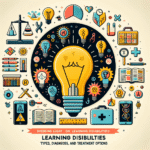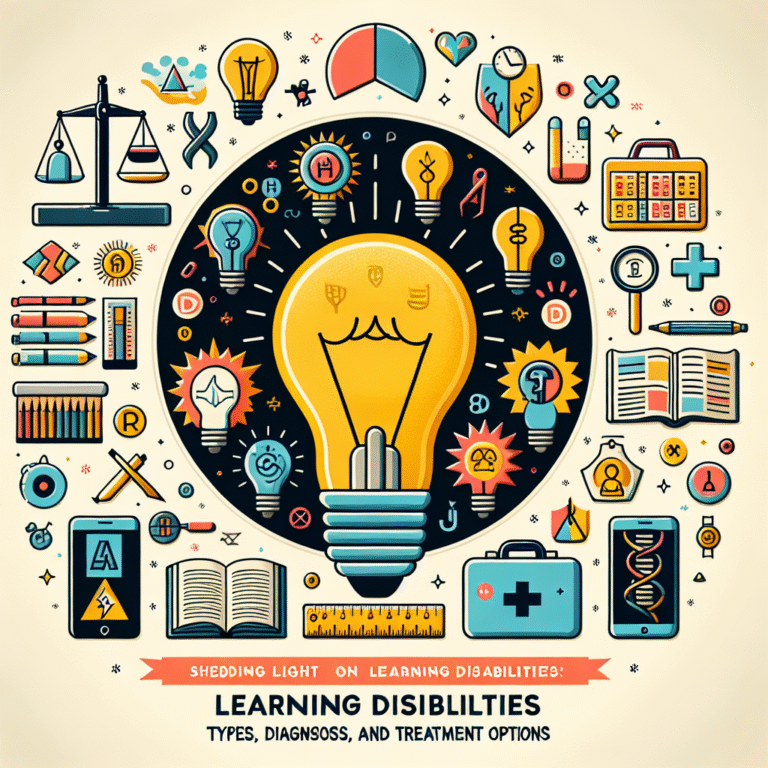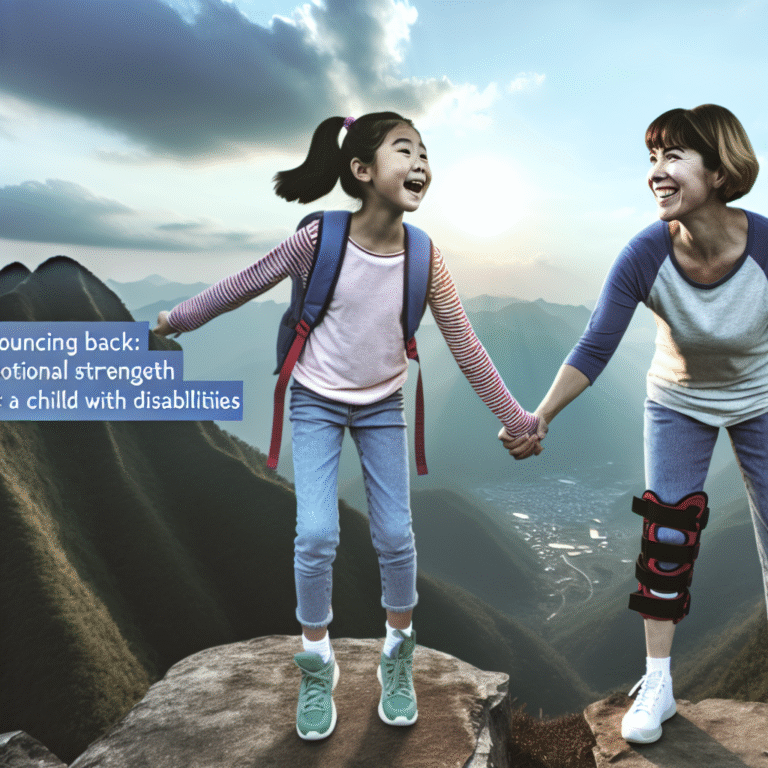
Introduction
In the landscape of recovery, the road from injury to insight can be fraught with challenges and revelations. How do we navigate this intricate journey? The answer often lies in cognitive rehabilitation, a field that blends therapeutic techniques with neuropsychological understanding to help individuals regain cognitive function and independence. This article explores From Injury to Insight: The Role of Cognitive Rehabilitation in Recovery, shedding light on its significance and offering valuable insights for those affected by various cognitive impairments.
Understanding Cognitive Rehabilitation
Cognitive rehabilitation is designed to assist individuals who have suffered brain injuries, strokes, or cognitive impairments due to neurological disorders. Its core objective is to restore lost cognitive abilities or teach compensatory strategies to adapt to deficits. By focusing on individual needs through tailored exercises and therapies, cognitive rehabilitation aims to enhance everyday functioning and quality of life.
The Importance of Cognitive Rehabilitation
The relevance of cognitive rehabilitation cannot be overstated. It serves a dual purpose: alleviating the immediate effects of cognitive deficits while fostering long-term mental resilience. Through strategic interventions, individuals can better understand their cognitive limitations and develop new insights into their capabilities.
Key Components of Cognitive Rehabilitation
Assessment and Diagnosis
- Before embarking on a rehabilitation journey, a thorough assessment is essential. Neuropsychological tests help identify specific cognitive deficits, allowing therapists to tailor interventions accordingly.
Personalized Cognitive Training
- Cognitive rehabilitation programs often involve targeted exercises that address identified weaknesses, such as memory, attention, or problem-solving skills.
Skill Generalization
- It’s vital for individuals to generalize newly acquired skills to everyday tasks. Cognitive rehabilitation focuses on real-world applications, helping clients transfer skills from therapy sessions to daily life.
- Support Systems
- Support from family, caregivers, and peers plays a critical role in cognitive rehabilitation. Emotional and social backing can enhance motivation and compliance with rehabilitation efforts.
Case Study: John’s Journey Through Cognitive Rehabilitation
John, a 45-year-old teacher, suffered a traumatic brain injury in a car accident. Initially, he struggled with memory retention and attention. Through a tailored cognitive rehabilitation program, John engaged in memory exercises, attention training, and problem-solving tasks. Six months post-injury, John reported not only improved cognitive function but also gained insights into his resilience and ability to adapt to challenges.
Analysis:
John’s journey exemplifies From Injury to Insight: The Role of Cognitive Rehabilitation in Recovery. His rehabilitation illustrated how personalized interventions can yield significant improvements, helping him regain confidence in both his professional and personal life.
Cognitive Rehabilitation Techniques
1. Computer-Assisted Cognitive Training
Technological advancements have enabled the use of computer-based programs that offer interactive cognitive training exercises. These programs adapt to the user’s skill levels, providing a flexible and engaging training environment.
2. Cognitive Behavioral Therapy (CBT)
CBT is widely recognized for its effectiveness in addressing emotional aspects of cognitive impairments. By helping patients restructure negative thought patterns, CBT enhances motivation and fosters resilience.
3. Mindfulness and Cognitive Strategies
Practices such as mindfulness can improve focus and attention, promoting a greater awareness of cognitive processes. Techniques such as meditation and breathing exercises are often integrated into cognitive rehabilitation programs.
Case Study: Sarah’s Mindfulness Approach
Sarah, a 29-year-old graphic designer, experienced cognitive deficits following a stroke. Her rehabilitation included mindfulness training alongside traditional cognitive exercises. Not only did Sarah regain her cognitive functions, but she also developed a deeper understanding of her mental health, using mindfulness as a daily tool for stress management.
Analysis:
Sarah’s case highlights the synergy between traditional cognitive rehabilitation methods and mindfulness. Her recovery journey serves as a testament to the holistic approach that cognitive rehabilitation can offer.
Data Insights: Cognitive Rehabilitation Success Rates
| Intervention Type | Success Rate (%) |
|---|---|
| Computer-Assisted Training | 75% |
| Cognitive Behavioral Therapy | 80% |
| Mindfulness Techniques | 70% |
| Traditional Cognitive Exercises | 65% |
The statistics underscore the effectiveness of various interventions within cognitive rehabilitation. As we see, integrating different strategies can lead to higher success rates, demonstrating the multifaceted nature of recovery.
Challenges in Cognitive Rehabilitation
Despite its potential, cognitive rehabilitation faces challenges, such as:
- Variability in Individual Responses: Each person’s recovery journey is unique, and responses to various techniques can differ significantly.
- Access to Resources: Not everyone has equal access to cognitive rehabilitation programs, which can hinder recovery progress.
- Patient Motivation: Sustaining motivation is crucial; lack of engagement can lead to suboptimal outcomes.
The Future of Cognitive Rehabilitation
The future of cognitive rehabilitation looks promising with developments in technology and neuroscience. Virtual reality (VR) and artificial intelligence (AI) applications are being explored for personalized cognitive training, enhancing engagement and efficacy.
Conclusion
The journey from injury to insight is complex but transformative. From Injury to Insight: The Role of Cognitive Rehabilitation in Recovery emphasizes the profound impact cognitive rehabilitation can have on individuals seeking to regain functionality and meaning in their lives. By understanding and embracing this process, patients can unlock new insights about their strengths and resilience.
FAQs
What is cognitive rehabilitation?
- Cognitive rehabilitation is a structured program aimed at helping individuals recover cognitive functions affected by injury or illness.
Who can benefit from cognitive rehabilitation?
- Individuals with brain injuries, strokes, or cognitive impairments due to neurological disorders can greatly benefit from these programs.
How long does cognitive rehabilitation take?
- The duration varies based on the individual and the severity of cognitive impairments, but many programs last several weeks to months.
What techniques are commonly used in cognitive rehabilitation?
- Common techniques include computer-assisted training, cognitive behavioral therapy, and mindfulness practices.
- Can cognitive rehabilitation help with emotional recovery?
- Yes, cognitive rehabilitation often addresses emotional well-being, helping patients cope with the psychological aspects of recovery.
By understanding the vital connections between cognitive rehabilitation and recovery, individuals can harness their potential for insight and transformation. The road from injury to insight isn’t merely about regaining lost abilities; it’s about discovering new strengths and perspectives along the way.

















